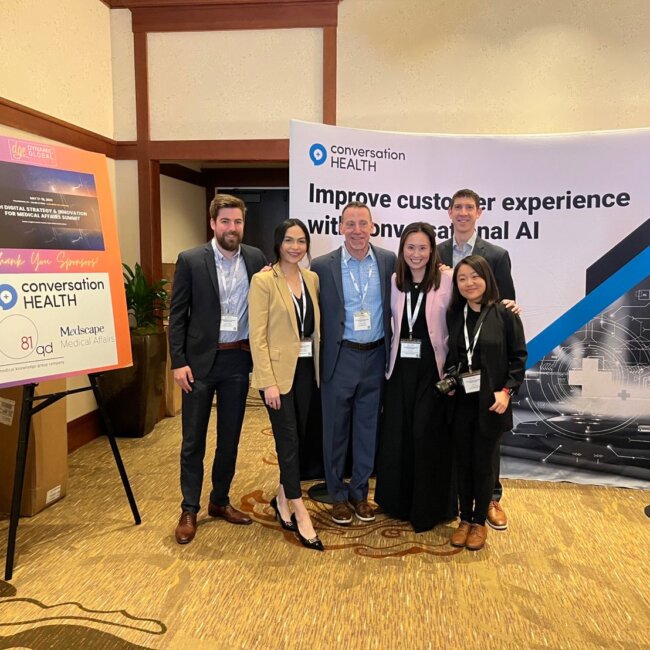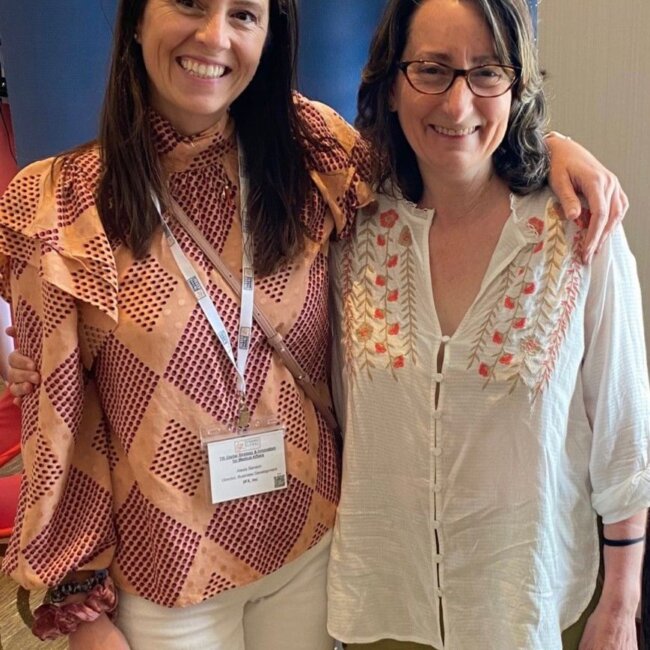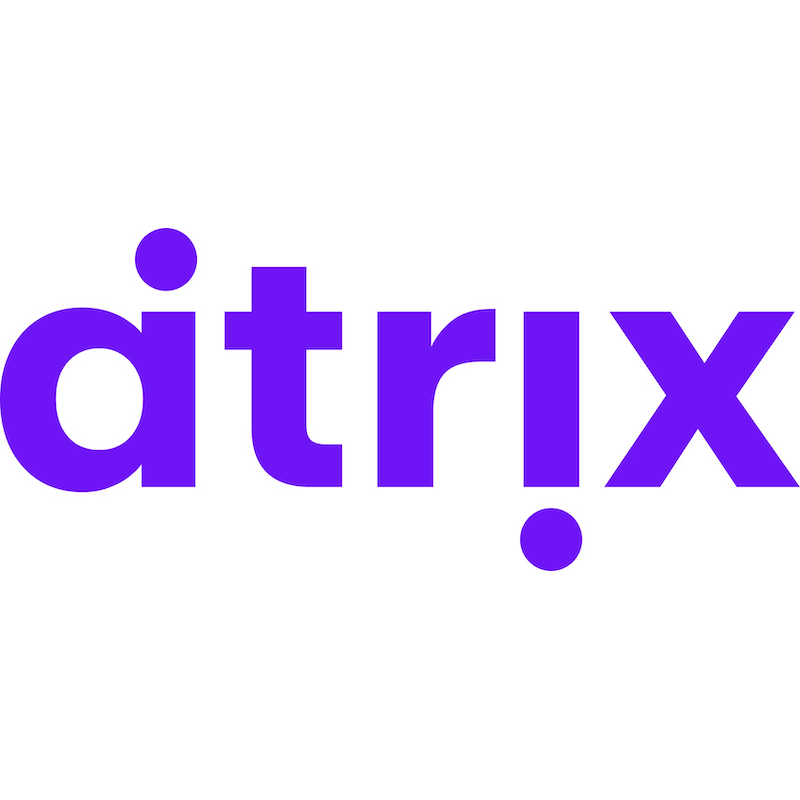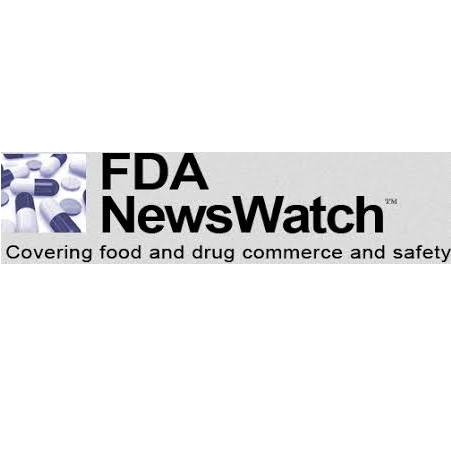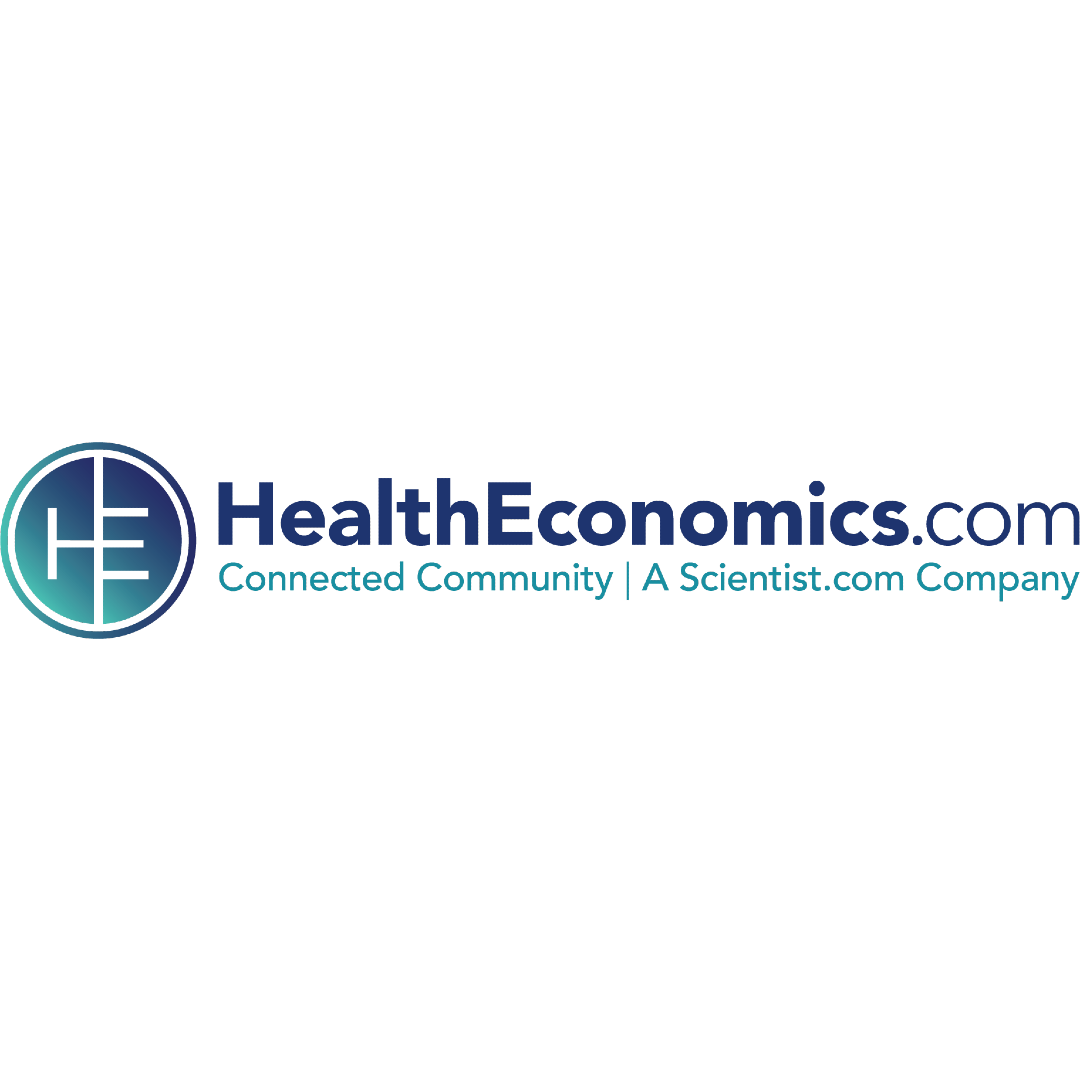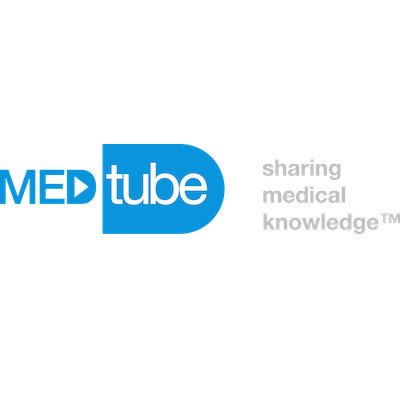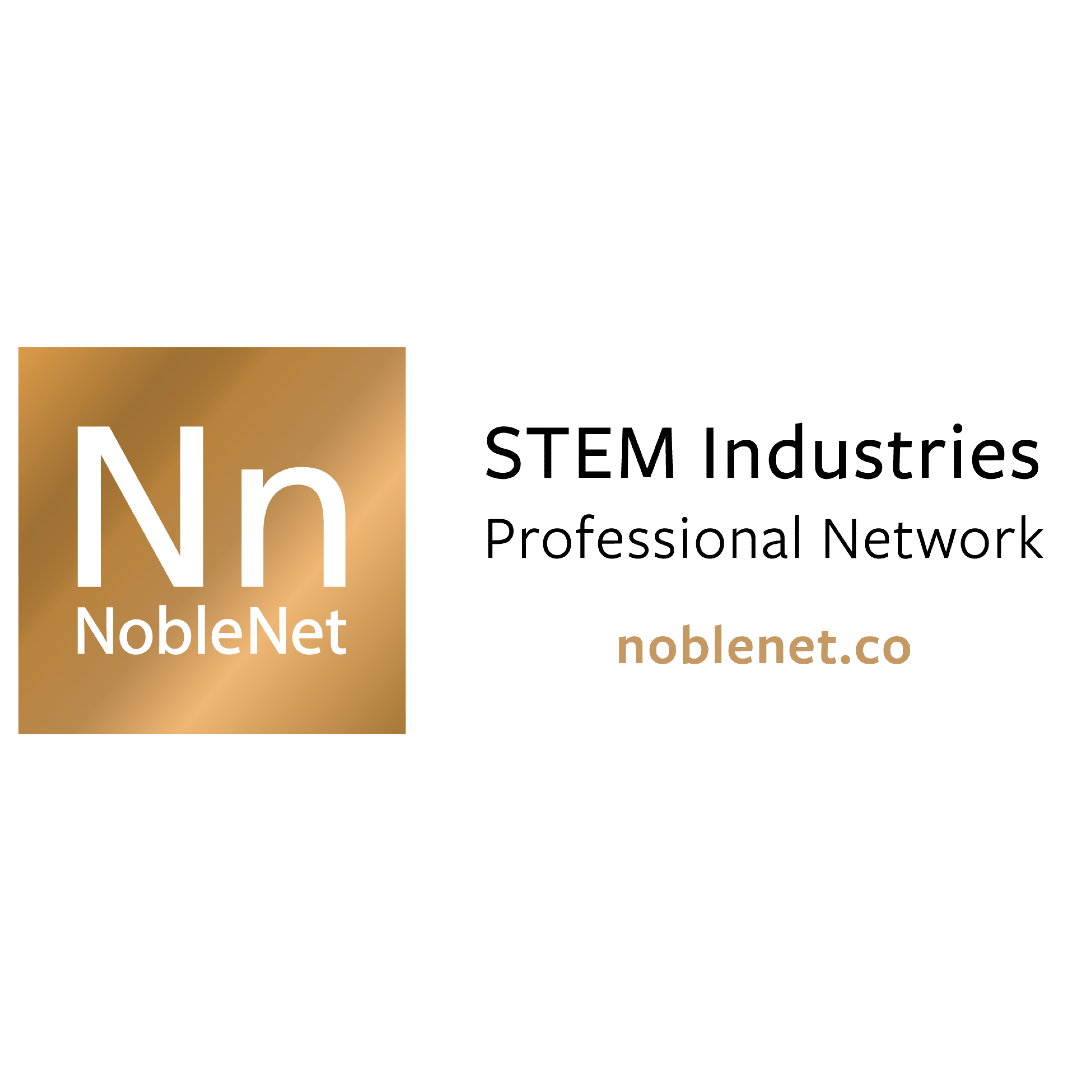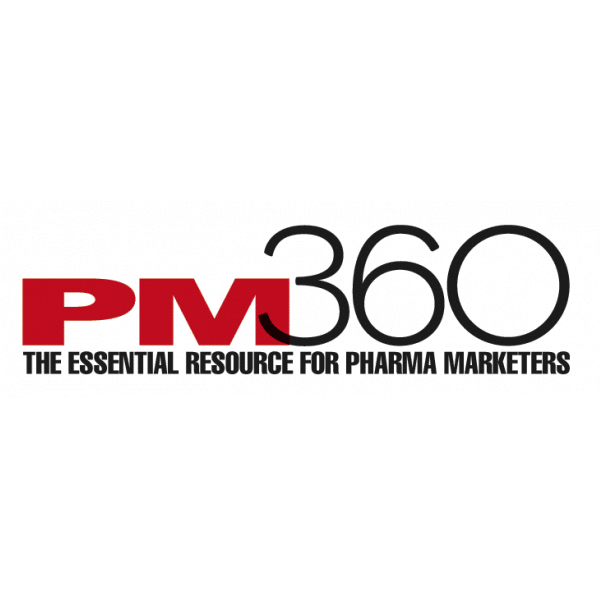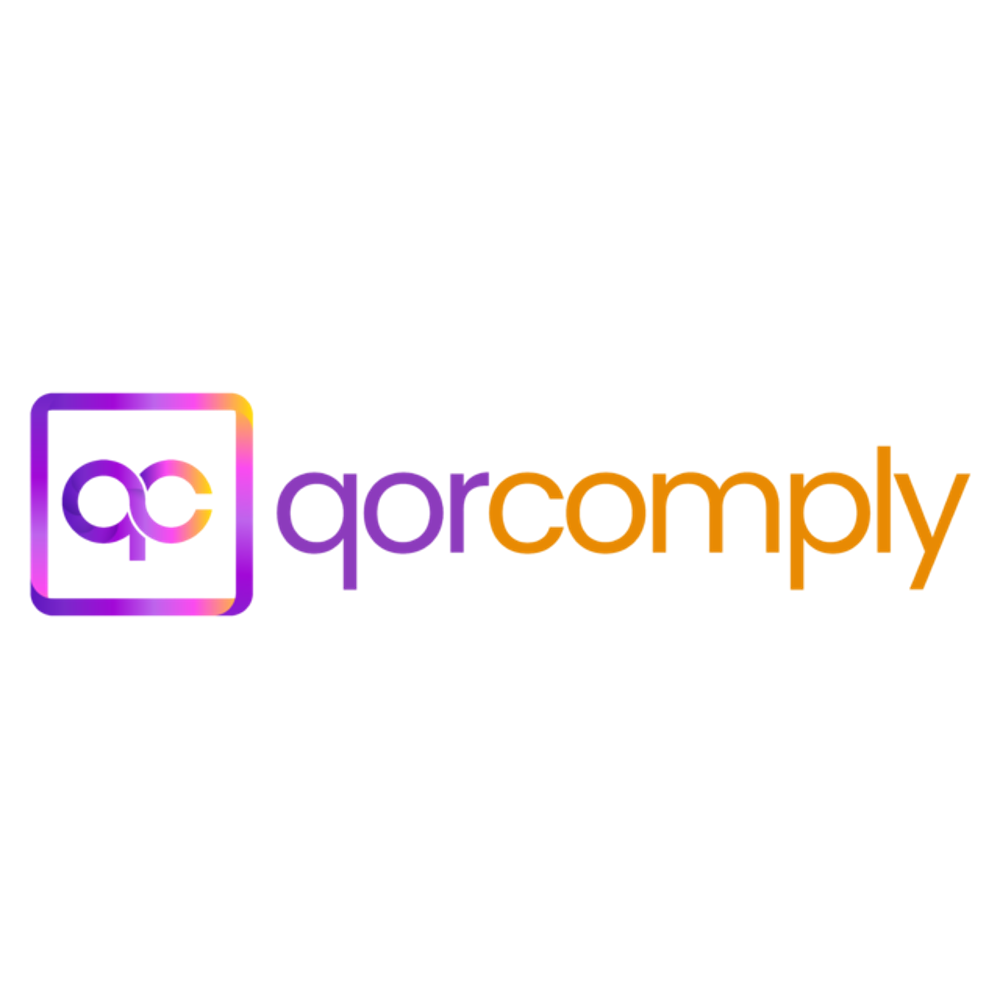The demand for new digital engagement methods for medical affairs teams is higher than ever, and so too are the expectations of the patient and caregiver community. Quickly discerning what is possible from what is hype, making the right vendor and data management relationships, and upskilling your field medical teams are all essential to build and maintain the patient relationships – and market positioning – that will shape your future success.
DGE invites you to join its 8th Digital Strategy & Innovation for Medical Affairs conference – the most detailed industry event on this topic. This year’s all-new agenda covers essential topics you demanded, including:
- Use AI to Improve Outreach to Patient Communities and Empower Patient Voices
- Build New Pathways and Eliminate Vulnerabilities During Pre-Launch and Launch Phases
- Leverage Digital Technologies to Track the Patient Journey
- Rank the Most Essential Considerations in Drafting a Digital Engagement Medical Strategy
- Extent Your Reach by Including Digital Opinion Leaders in Your Engagement Initiatives
Professionals from pharmaceutical, biotechnology and medical device companies working in:
- Medical Affairs
- Medical Strategy
- Digital Strategy
- Medial Advisor
- Publications
- Corporate Compliance
- IT Applications
- KOL/Thought Leader
- Publication Planning
- Field Medical Team
- Medical Communication
- Digital Innovation
- Medical Liaison
- Medical Education
- Strategy & Insights
- Scientific Training
- Relations
- Clinical/Scientific Affairs
- Scientific Communication
- Medical Digital Capabilities
- MSL Coordinator
- Medical Manager
- Virtual Engagement
- Device Development / Device Technology
- Research Collaboration
- Medical Science Liaisons
- Medical Information
- Medical Director
- Clinical Development
- Regulatory Affairs
- Real World Analytics
- Design Assurance Engineer
- Digital Innovation
Connect with your target network. Connect with professionals and amplify your connections.
Hit your networking target. Connect with the right professionals to amplify your event connections
Discover networking spaces to interact, engage, and build valuable connections
All approved presentations will be made available exclusively to our valued attendees after the event. *Conditions may apply.
Engage for two days. Immerse yourself in a dynamic conference experience, unlocking opportunities
Maximize your brand's impact and visibility by becoming a valued sponsor. Shape the future of life sciences, connect with other industry leaders, and showcase your commitment to innovation. Elevate your presence - sponsor this conference and be at the forefront of advancements in science and technology.
Pose your questions in advance and be part of a conference where your interests influence the content (Team leadership, management, development, and more)
Maximize your brand's impact and visibility by becoming a valued sponsor. Shape the future of life sciences, connect with other industry leaders, and showcase your commitment to innovation. Elevate your presence - sponsor this conference and be at the forefront of advancements in science and technology.
Great experience working with the DGE team, organizers of the 4th Digital Strategy & Innovation for Medical Affairs Summit. I was honored to be part of a group of speakers that included experienced and visionary leaders. My talk was cautionary in some ways, covering AI Pitfalls in Medical Affairs, but I was happy that, by the end of it, the closing poll showed the majority of responders felt more confident to initiate AI projects.

It was a pleasure participating in the panel discussion at the 4th Digital strategy & Innovation for Medical Affairs...Many good learning to take back from co-panelists. Thanks to the [Dynamic Global Events (DGE)](https://www.linkedin.com/company/dynamic-global-events/) team for inviting us for the session and organising a very relevant 3 day summit!

I enjoyed presenting and interacting with medical affairs professionals at DGE conference in Philadelphia yesterday. The world of digital and publications is changing rapidly.

I enjoyed all the sessions. There were a lot of dynamic and helpful speakers!

Absolutely would recommend! There were thoughtful and engaging speakers

Very engaging, could really feel the passion of the speakers and felt examples shared were great

Stay up to date on the latest announcements

